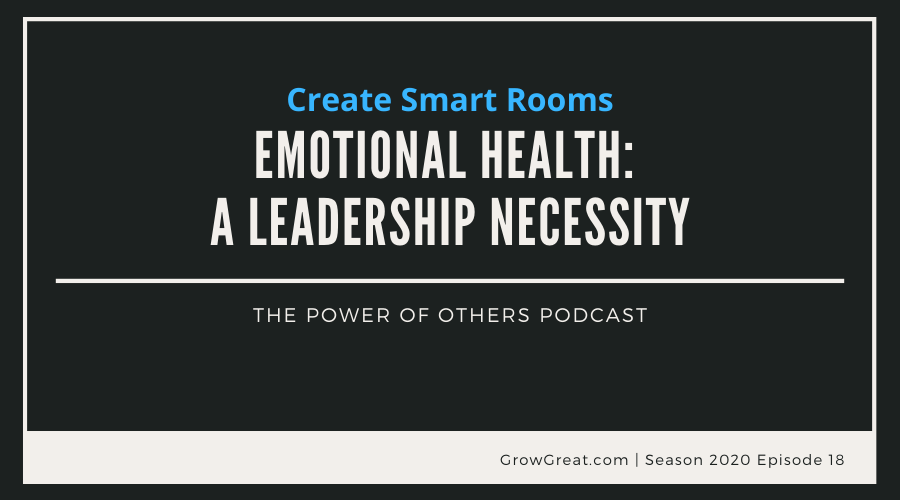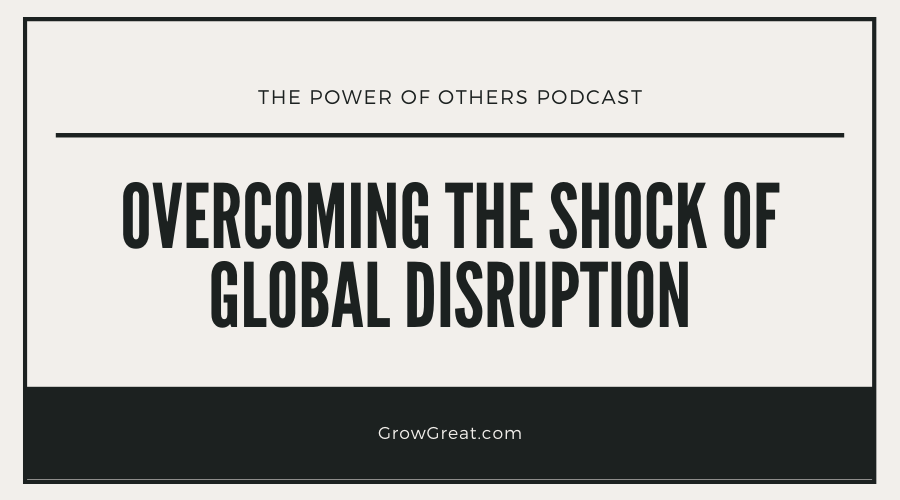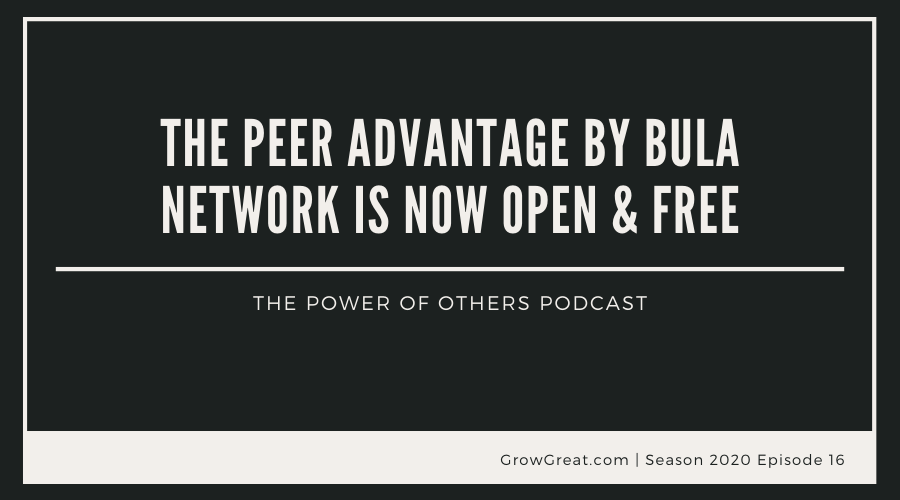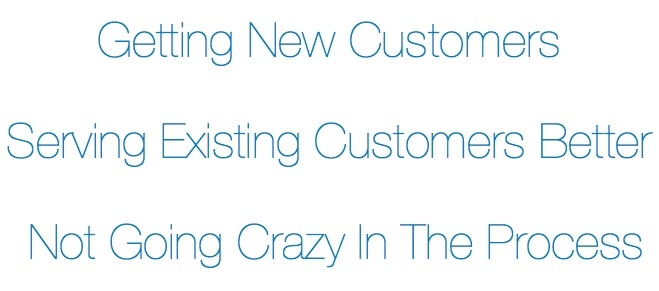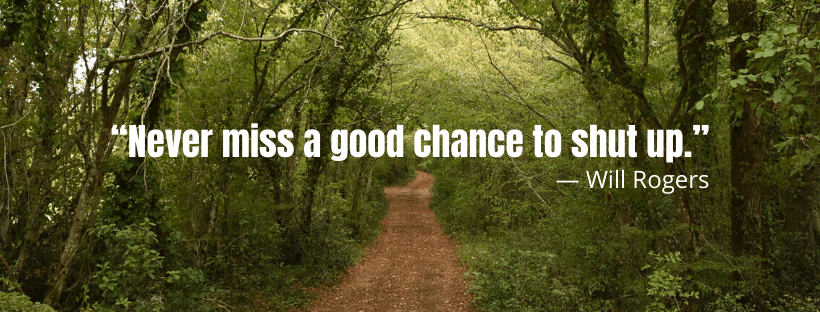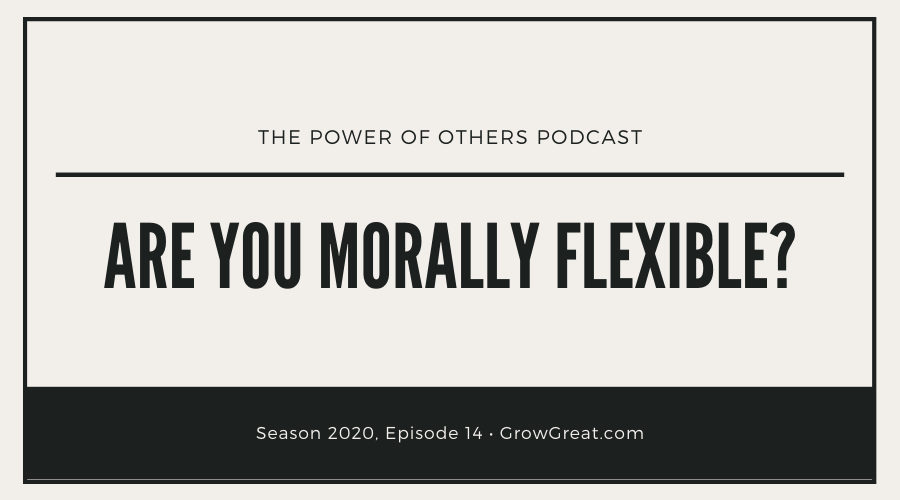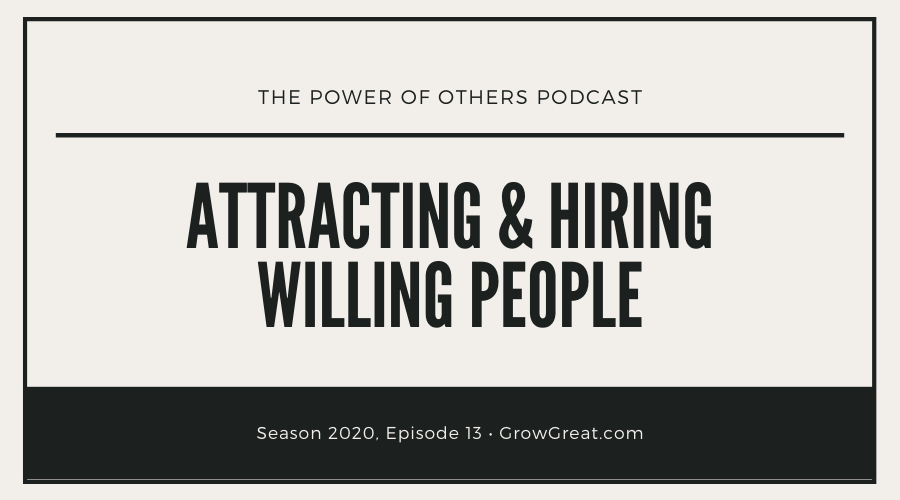Create Smart Rooms – Emotional Health: A Leadership Necessity – Season 2020, Episode 18
Podcast: Play in new window | Download (Duration: 22:38 — 20.8MB)
Subscribe: Apple Podcasts | Spotify | RSS | More
The trifecta of business building that I consistently talk about culminates in the third leg of “not going crazy in the process.”
- Get new customers
- Serve existing customers better
- Don’t go crazy in the process
I’m not a mental health professional, nor do I claim any expertise in the area. However, I’m very accomplished in building and leading organizations. I’m an expert in human behavior and interaction. And I’m well-acquainted with the impact of stress, anxiety, and fear. I know how universal these are for everybody, especially business owners and leaders.
I also know how bravado works. Especially in the ownership or C-suite. Leaders can falsely believe they’re superhuman, impervious to the dangers of stress on physical and mental health. I’m rolling all that into one phrase, “emotional health.” I’m using the term holistically to include the whole of who we are as human beings. You’re not merely your education, experience or skills. Nor are you just your intellect and logic. Any more than you’re just feelings, thoughts, opinions, and viewpoints. You are ALL of those things. At the same time.
Now may be a great time to look in the proverbial mirror. Intently. Not just a glance. Lean in and look at yourself very hard.
Self-deception is always lurking close by. Ready to pounce on us. Especially when it comes to our strengths and weaknesses. We’re all prone to overestimate our strengths while we under-estimate our weaknesses. Simultaneously, we can do the same when we’re looking at others…except in reverse. We underestimate their value (all everything that makes them who they are) and we overestimate their faults or weaknesses. Funny how that works, huh?
As our country begins the slow process of emerging from this coronavirus pandemic, leaders in every sector need to make sure their own self-awareness has a high degree of accuracy. I can see the skepticism in your face. 😉 But deep down you know this is right. And very useful. No, beyond useful. Necessary.
We’ve seen how all kinds of people have reacted to the added stress of something as enormous as this coronavirus. Truth is, most of us aren’t nearly as effective under stress as we are under more calm conditions.
Over the years my church work has involved working with younger men in publicly preaching. Sometimes I’ll encounter a young man determined to work from very limited, card-index type notes. It’s an easy challenge to meet. I simply tell them about how the most effective public speaking world leaders carefully work on what they want to say. Winston Churchill, for example, would carefully craft his words. It’s easy to argue that when we’re preaching the Word of God we’d want to handle it as carefully and in the most prepared way possible. I’ll then ask the question, “Do you suppose that you can craft better wording while you’re home preparing, or can you better think of the best wording on the fly in real-time?”
I’ll make the same point with you regarding your behavior and decision-making as a leader.
This pandemic has certainly shown all of us the power of preparedness. It’s much better to prepare then to react.
So much of our daily lives require us to react, doesn’t it seem smart for us to prepare as much as we can to reduce the things that demand a reaction?
And doesn’t it make sense that we should take care of ourselves so we can better leverage our whole self?
You’re uniquely you. But that doesn’t mean we don’t share some very common challenges. Challenges like fears, worries, and anxiety. Mine may look different from yours, but they still exist in some form or another.
While it’s true that some perform well under pressure and others…not so much — preparation is where the rubber meets the road. Besides, the things that can make or break success in every moment remain the same: talent, opportunity, ability, confidence. Because we’re talking to about leaders, then I’m going to assume a degree of competency. Talent can vary, but you unquestionably have sufficient talent. But you may not always have the confidence you need in your talent. And you may not always see the opportunities to best leverage your talent. See, it still comes back around to your emotional health.
That whole “not going crazy in the process” is very important to your leadership success. And your life. And your organization.
Clutch. We all want to be clutch. We’d like to be able to shine when we most need to shine…during very stressful times. When things really count.
Today I just want to give you a few things that can help. I’m going to cheer you toward taking better care of yourself so you can shine today and in the days to come.
Just yesterday the governor of Texas announced that his “stay at home” order for our state will expire on Thursday, April 30th. Beginning Friday, May 1st many businesses including restaurants and retail can open up with 25% capacity while maintaining social distancing practices. Bars, hair and nail salons are still forbidden from opening, but there’s optimism that they may be able to open by mid-May. So this week leaders are working hard to figure out how to conduct business and meet the government mandate. Still others, who are not yet able to open, to busy trying to figure out how they can hang on.
Preparation isn’t practical or possible. We’re about 6 weeks into this thing so the time to have prepared is long past. But here’s something we can do. Stop lamenting about what we didn’t do. Stop pining about what we wished we’d done.
Let’s think about doing two things at the same time. While we tackle the reality of today let’s grow increasingly more determined to prepare for a better tomorrow!
What’s our reality? Legally. Morally. Ethically. We all want to conduct business safely – for our employees and our customers. How that looks will depend on the business you operate. Overkill is in order so you can display that you’re going to do everything in your power to protect people. It’s also your opportunity to show your staff and the public how dedicated you are to doing the right thing.
Many of you have been smart in assigning these tasks to small teams whose duty is the focus on sanitization and health. These team members are constantly making sure that all workers and customers are properly protected.
Here in Texas, beginning Friday, 25% capacity rules is going to require more thoughtful strategies. If your business has a people capacity of 200 then you now have to limit it to no more than 50 people at one time. So now we have to manage our traffic flow – incoming people and outgoing people. Customer service and happiness need to remain at the forefront trumped only by safety and the current rules in place by the government.
These and many other solutions need to be created by listening. I use these specific business activities to illustrate how much better our solutions can be when we include others…as opposed to us sitting in our space trying to figure it out alone. If you want to be clutch, then decide to be clutch in leading others to help you figure out what to do. Here’s how…
Gather the team members you feel can be most helpful. Make sure you include front line people. Don’t select team members based on title or seniority, but based on their viewpoint and perspective because of what they do. The people who have to perform the tasks are ideally suited to help you form the strategies. Those health and safety teams that many of you have formed are people who are especially detailed oriented with a high degree of sensitivity to client happiness. This is where your leadership may be able to shine most. You can ideally find the people best suited for the tasks that must be done as you begin to open your business.
And there’s a big area where you must shine as a leader. Orchestrating where and what team members can best do to serve.
But you can best do that with the help of others, too.
The Dallas Cowboys are getting rave reviews for this year’s draft class. NFL teams have a large scouting staff. They have analytics people. They have substantial coaching staff. Lots of people who work together to help figure out the best players to draft each year. With a brand new, Super Bowl-winning coach, people inside the Cowboy’s organization have reported how well they worked together this year to have one of their best drafts ever. Somebody, the leaders, has to make the final call, but that call isn’t made in isolation. Don’t make your calls in isolation either. You need intel and input. Don’t be bashful where you get it. Be bold. Be clutch. Open your eyes and ears to whomever you feel can best help you. Cast the net even wider than you might normally because it’ll help you make better decisions AND it will serve to make people more enthusiastic about the solutions you implement.
Stop putting pressure on yourself to have all the answers. This is the time for you to maybe at long last learn a very important lesson in leadership. You don’t have to be the smartest person in the room. You just have to make you lead the parade to create the smartest rooms possible as you navigate this crisis. And you need to create smart rooms so you can prepare for the future.
That’s your best path forward to protect yourself and your own emotional health. To avoid going it alone. To put yourself in the smartest rooms possible so you can improve your vision and thinking.
Be well. Do good. Grow great.
Randy
Create Smart Rooms – Emotional Health: A Leadership Necessity – Season 2020, Episode 18 Read More »
